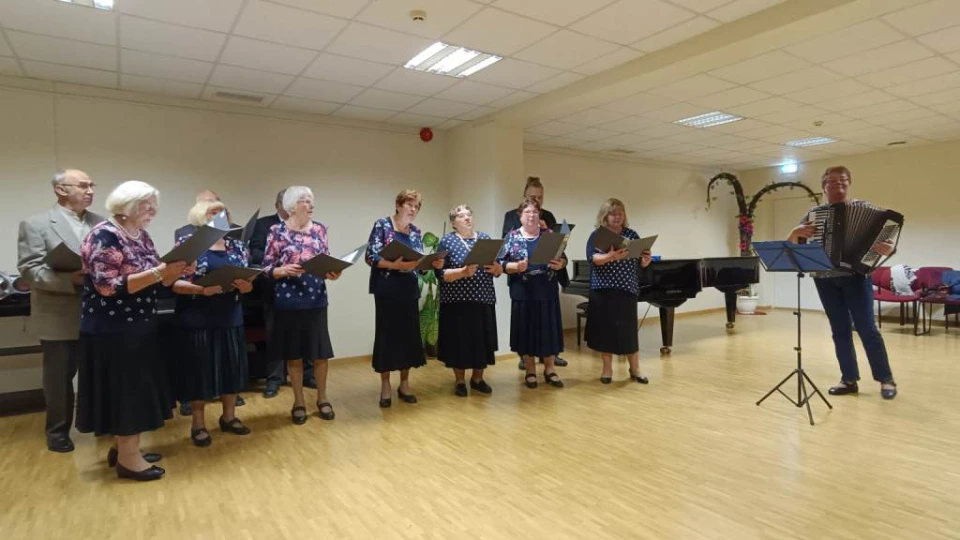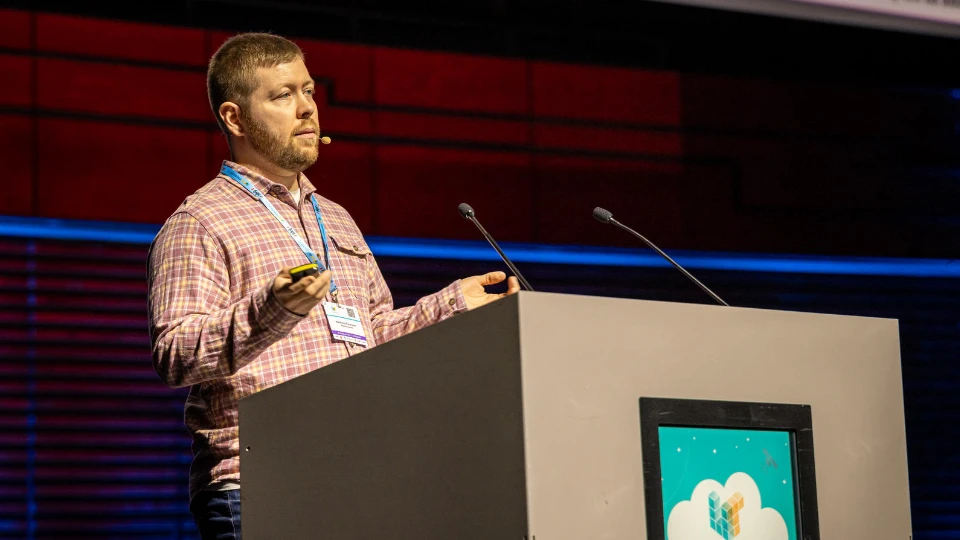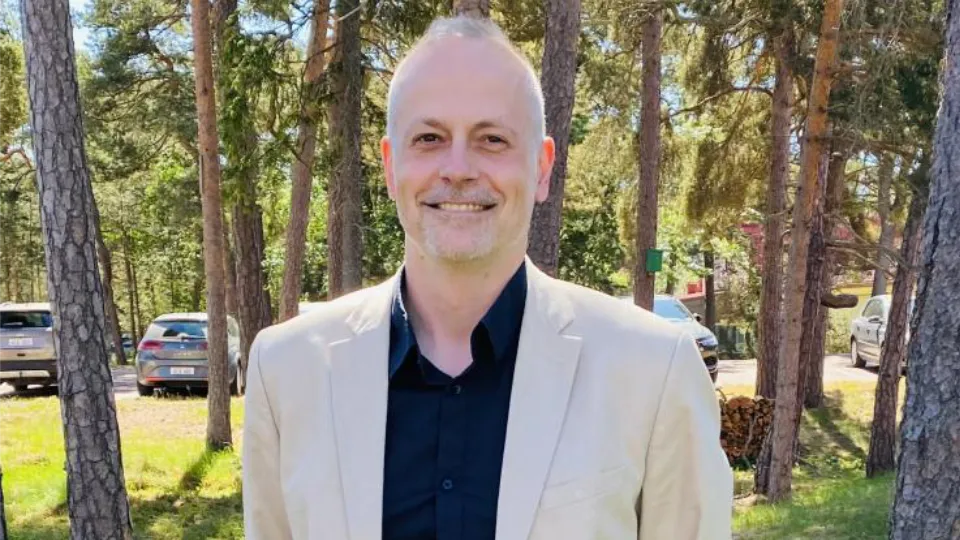Traditions – like finger print
In order to provide adult educators with knowledge about social inclusion, to research and find various ways to actively involve seniors in social and cultural activities, and to create an international network of adult education organizations, the project “Traditional arts as a tool for strengthening the social inclusion competencies of adult educators” (Nordplus Adult mobility, No. NPAD-2023/1034) connects three Baltic countries’ organizations – the Alytus Music School (Lithuania), the Ethnic Music Association (Latvia) and the Saardė Educational Foundation (Estonia).
The target group of the project is folk musicians or “home” musicians who have learned to play an instrument on their own or sing folk music in small family or community groups, but are not professional musicians. The aim of the project is to develop new socially inclusive competences of adult educators, which would help learning adults to improve artistic interpersonal communication through musical activities.
The life experiences of Latvian, Lithuanian and Estonian seniors over 60 years old are very similar, as their childhood and youth were spent under the conditions of Soviet occupation, and this had an impact on both the preservation of family traditions and their overlap with the influence of Soviet ideology. In order to involve seniors in society through artistic and musical activities, it is necessary to know their creative expression, skills and need to express themselves. For example, for a folk musician, contact with the public and other musicians is the main motivation to be active. In order to initiate an interview with a senior, the educator or researcher must be familiar with the cultural environment in which the senior was active.
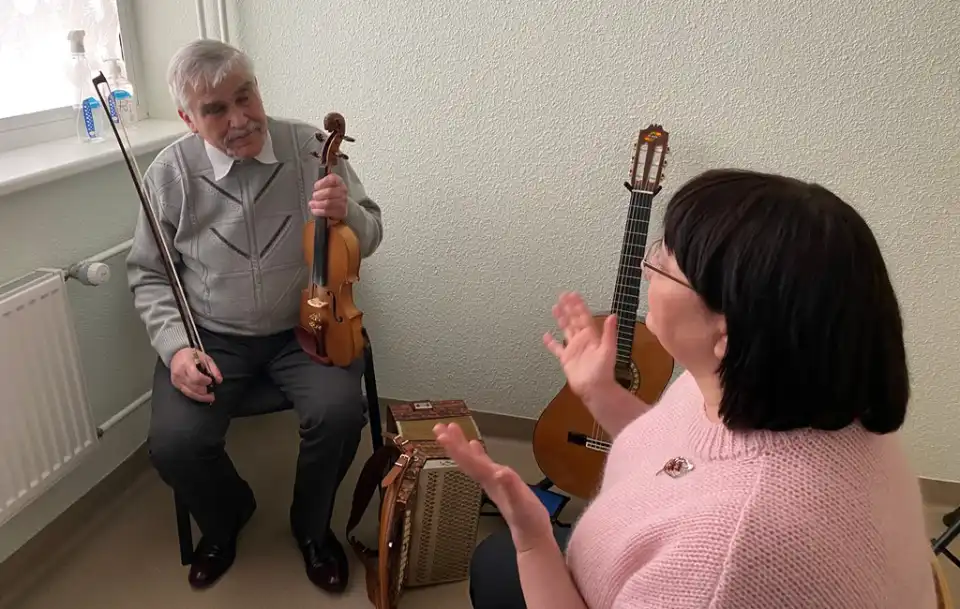
During the project, meetings were organized with older singers and folk musicians from the three Baltic countries, who shared their life and musical experiences with adult educators. Adult educators participated in trainings in Latvia, Estonia and Lithuania, where they interacted with older folk musicians from local communities, listened to lectures and discussed how to work with the older generation, talked about what they observed, learned how music helps seniors to participate in society, what personal and professional qualities should an adult educator working with seniors possess. The organizations participating in the project have different experiences of working with older musicians and their participation in community activities.
Folk music as a family heritage
Adult educators in each country identified and interviewed about six seniors who were invited through the local community. From the stories of life and experience, it can be concluded that in the rural cultural environment until the 20th century. In the 1960s, two traditions of singing and music were distinguished. The tradition of singing (both domestic and religious) and its functioning in the local community was mainly ensured by women, while the tradition of music was ensured by men. Children start learning to play a musical instrument from around the age of 6-10. Folk musicians consider it relatively late to start playing an instrument if one learns to play after the age of 14. There are some memories from musicians from all Baltic countries.
Algis Kudarauskas (born in 1952, lives in Alytus district, Lithuania) encountered folk music for the first time at the age of 4, when he attended a wedding with his parents and watched the musicians play. After returning home, he tried to make his own harmonica from a board and nails. He was self-taught, around 16 years old. Since 1977 until 1985 led a group of village musicians whose instrumentation consisted of accordion, French horn, violin and big drums (drum). Kudarauskas has played at many weddings with 2-3 musicians, as well as at house parties.
– “An understanding of music comes from the family. My mother’s sister played the accordion. My mother bought an accordion around the 1970s because she wanted to play the instrument”, says Avo Sinilaid in his interview (born 1945, lives in Kilingi-Nemme, Estonia). Sinilaide taught himself to play the horn and accordion at the age of 17. He has never played on stage, but he has played at one wedding. He believes that if you can play a musical instrument in a way that makes others want to listen, then you are a good musician.
Laima Luste (born in 1956, lives in Ipiķu municipality, Valmiera region) actively participated in public life in her youth, but due to difficult family circumstances, her participation in public life stopped. L. Luste is currently singing in a folklore ensemble, which provides an opportunity to reveal oneself and get involved in society. L. Luste is well acquainted with the culinary heritage of the region, which she prepares both for her family and for events organized by the local community.
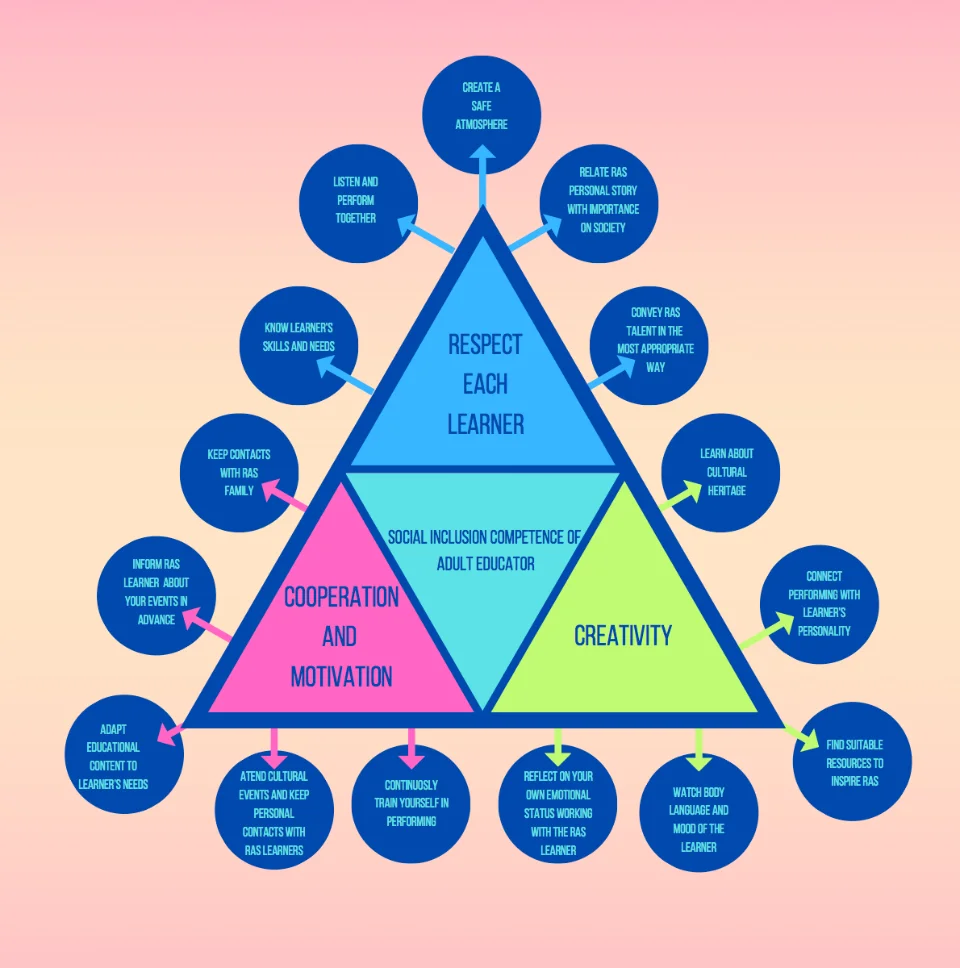
Project result – social inclusion competence
During the project, social competence strategy and guide was developed, see model 1.
Three components of the model were developed, allowing adult educators to carry out inclusive work with seniors over 60 years old, and based on traditional culture, including folk music.
The first component is to respect each learner, which means:
- to know the learner’s skills and needs;
- know how to listen and act together;
- create a safe environment;
- to understand and connect the personal history of seniors with their role in society;
- to convey the elder’s talent in the most appropriate way so that the local community learns about it.
The second component is creativity, i.e. ie:
- explore cultural heritage;
- connect the performance with the learner’s personality;
- understand the learner’s body language and mood;
- think about your emotional state when working with seniors;
The third component is cooperation and motivation, i.e. y:
- continuous self-improvement and learning;
- attend cultural events and maintain personal relationships with seniors;
- adapt the content to the needs of seniors;
- inform seniors about events in advance.
The project ensured intercultural cooperation, improved the foreign language skills of seniors and educators, as well as learning new social inclusion skills through traditional music (music playing and family singing), research and organizing various activities for seniors.



